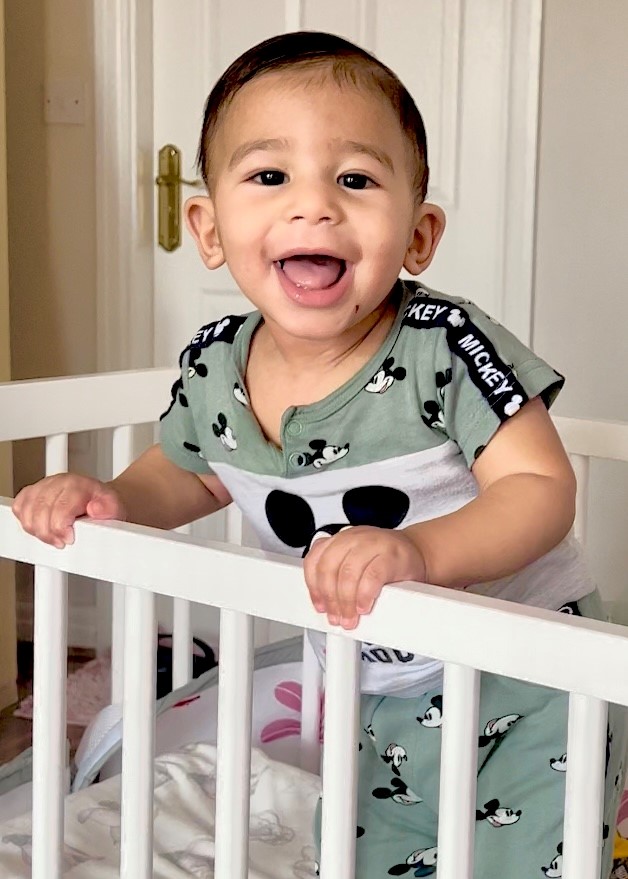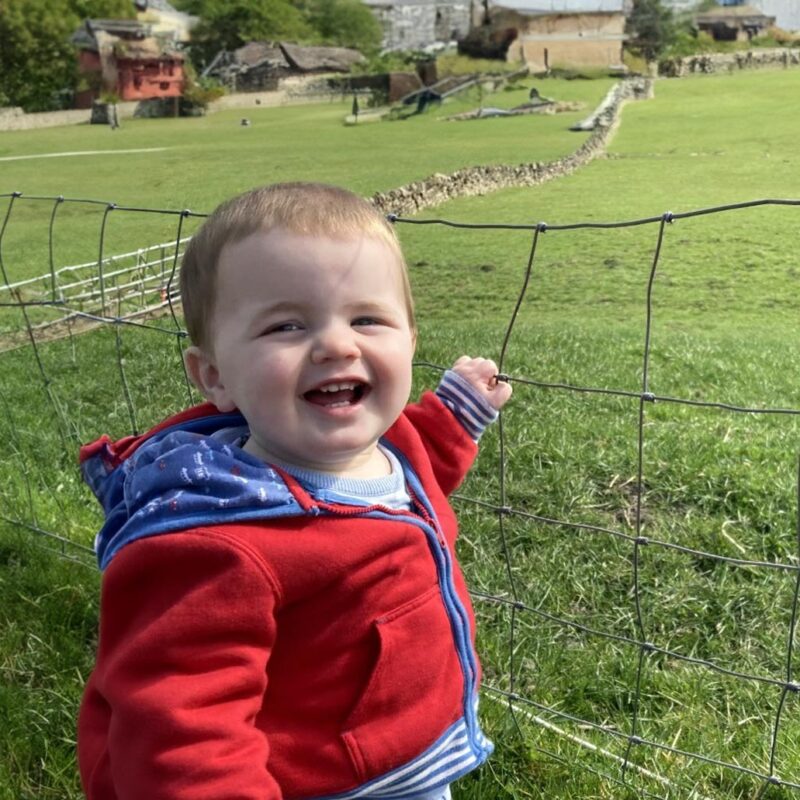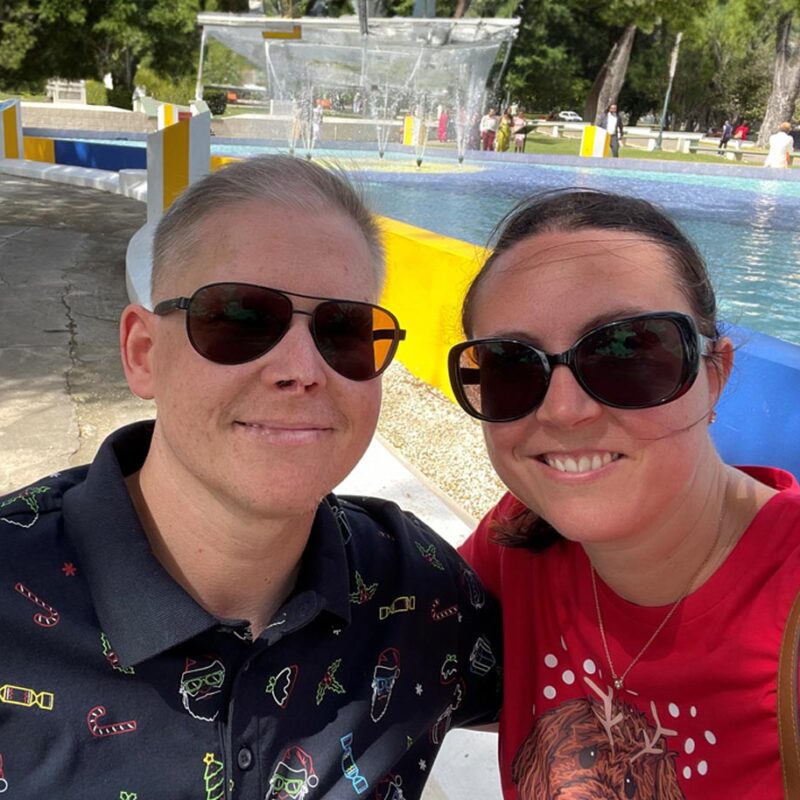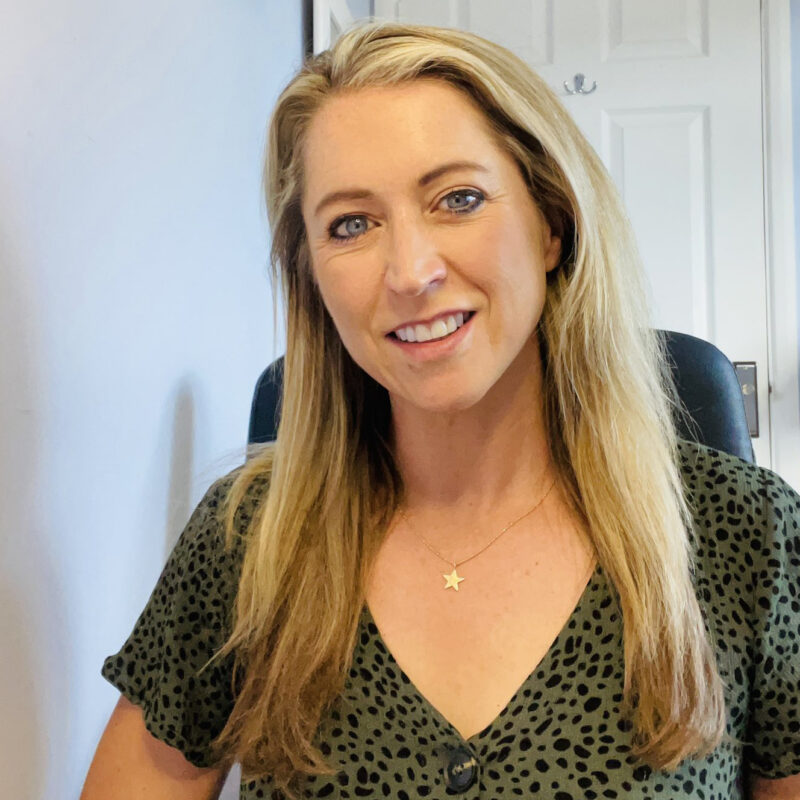Mohammed Elsiddig and Duaa Siyed Ahmed’s son Yousef tragically died of sepsis on 5th February 2023, just after his first birthday. Mohammed is a registrar in adult cardiology, and Duaa is also a qualified doctor, although she’s not currently practicing in the UK. During their son’s illness, the couple were repeatedly dismissed by healthcare professionals despite their respective qualifications, and tragically their family ended up paying the ultimate price.
They are bravely sharing Yousef’s story to help raise awareness of sepsis, while also hoping to reduce the impact of cognitive bias in the NHS.
When Yousef was poorly with fever and flu symptoms, his parents thought it was a viral illness and assumed it would go away in a few days. But after five days, without showing any signs of improvement, they took him to the GP who said it was viral and to continue to give him paracetamol. Mohammed said: “Until that time, Yousef did not exhibit any symptoms or signs of sepsis, so we were not particularly concerned until two days later, which is day seven from when he first got unwell. We noticed that Yousef was sleeping the whole night, which was very unusual for him. He usually woke up once or twice to play at night. He appeared to be very lethargic.”
In light of this new symptom, they took Yousef to A&E where he was started on oral antibiotics. His parents asked the doctor to do blood tests, but were dismissed and sent home. Two days later, Yousef was shivering with fever and vomiting, unable to keep the antibiotics down. They called for an ambulance but were told that due to the waiting times they were better off going to A&E directly. They waited for hours in A&E, and were told by the triage nurse it could be up to an 18 hour wait. They made the decision to go home and try and give Yousef the antibiotics themselves, along with paracetamol to manage his fever. Mohammed said: “He actually started to improve for around 24 hours and then he deteriorated again. He became more unwell, with a more intense fever, more lethargic, and frequent vomiting and diarrhoea.”
At this point, Mohammed called for an ambulance as he was worried about being brushed off if he went back to A&E himself. The phone operator took a history and listened to Yousef’s breathing, and said she was concerned it could be sepsis. She instructed Yousef’s parents to go to A&E within the hour, as the wait for an ambulance could be up to 10 hours, and sent a referral which his parents hoped meant would get them seen quicker – but they were still treated as a non-urgent case. Mohammed challenged the triage nurse who did not seem to realise how poorly Yousef was, and was told, “Just because you think he has got sepsis doesn’t mean he has it”.
Eventually, when they were finally seen by the doctor, he dismissed Yousef’s lethargy as typical of a child with a fever. The doctor told Mohammed that it was likely just a viral infection, to which he responded that he thought it was a serious bacterial infection due to the length of the illness accompanied with the deterioration. The doctor refused to do blood tests, claiming that the first port of call was overnight observation. Although unhappy, Mohammed and Duaa agreed to let Yousef be observed overnight. Eventually the doctor returned and said he would not be doing blood tests as his observations were normal, and also stopped the oral antibiotics. As a compromise, the doctor agreed to do a capillary gas – which is not a proper blood test to check for infection, but rather a test to check for signs of dehydration. Mohammed said: “Shortly he came with a smile, waving the report of the gas and saying to me, ‘I’m now happy, it’s your turn to be happy’. I said to him, ‘How could I be happy when I’m seeing my child very poorly in front of my eyes and you’re not doing anything for him?’, and then he goes, ‘You just over worried’.”
Yousef was discharged that morning without a second opinion from a more senior doctor, and Mohammed was so unhappy with their treatment that they decided to take Yousef to a private GP to get bloodwork done. Unfortunately, there were no same day appointments available but they made one for the day after. The private GP was concerned at Yousef’s condition, and it was at this point during their appointment that an NHS doctor rang to follow up after the hospital discharge. The NHS GP agreed to see Yousef in clinic, and on the way his parents noticed he was developing a rapidly progressing rash. Mohammed said: “I thought this is maybe serious sepsis or meningitis or some complications of sepsis.”
After examining Yousef, the NHS GP said that it was “Hand, Foot & Mouth disease” – despite a lack of symptoms in those areas – and “just a viral infection” that would get better in five days. Once again, they were sent home. At this point, they did not have the blood work back from the private GP as it would take a few days to process (and later showed very high infection markers in his blood), but something in their gut told Mohammed something was still not right. Duaa and Mohammed were confused and scared, and felt alone.
That day they noticed discolouration around Yousef’s back passage, and so once more they returned to A&E, where once again their concerns were dismissed. They sat in A&E waiting until Yousef started struggling to breathe, at which point they were rushed into the triage room and he was put on oxygen. At this point, Duaa and Mohammed broke down crying. Mohammed said:
“I remember saying to the doctor ‘I don’t want him to die’, I totally broke down. That’s the only time when we got their attention.”
Yousef was taken to a small side room, and a consultant finally acknowledged that it could be sepsis. Mohammed said: “Everything was too slow – giving him IV fluids, antibiotics, you could see he was in severe pain. We begged them many, many times to give him something for pain, but everything was slow. Everything was delayed.”
Eventually, Yousef was given something for pain management and started to settle a little, but not long after that, he had a vacant episode. Mohammed said: “That was the last time we saw Yousef looking at us. We rushed outside and we shouted for help, everybody came and took him from that small room to the resuscitation room.”
Yousef was intubated in resus and then admitted to the theatrical unit, where he sadly passed away the next day – just after his first birthday. His parents remember him as “the most beautiful, happy and energetic child”; Duaa fondly recalls how he tried to have conversations with ducks by the lake when she took him on walks, and how he generously shared his toys with other children. Mohammed remembers him as a “smart and strong little boy” who he enjoyed taking shopping.
Since that awful day in the hospital, Yousef’s parents have been working to come to terms with what happened. Duaa said: “We can’t find the words that can describe the pain of losing Yousef, or for the love we have for him. We were over consumed by anger, but with the support of our family and friends, and reaching out to the Sepsis Trust as well, that feeling is a bit better now, but we had many moments of shock and denial. Sometimes I just can’t believe that Yousef is really gone, and I find myself calling his name or singing his favourite songs. But every day is a hard day. Everything seems to be triggering and I think we’re just trying our best to cope and accept that grief will forever be a part of us, and this is our way now to show love and remember Yousef.”

The couple have now devoted themselves to raising awareness of sepsis as a legacy to their son; Duaa runs an Instagram account @mommy.0f.an.angel where she posts about Yousef alongside warning other parents about the signs of sepsis. Duaa said:
“We know that Yousef is our superpower and by sharing his story, we turn our pain into purpose, into something powerful which is raising awareness, ensuring that fewer families will have to endure our pain.”
She added: “My first advice to parents is try to familiarise yourself as much as you can with the sepsis symptoms and signs and when you feel that something isn’t right with your child, just trust your instincts. And please do not feel ashamed to ask for a second opinion if you’re not happy about the doctor’s decision, and do not leave hospital a child that’s very poorly if you’re not satisfied with the care provided.”
Mohammed said: “I would direct my message to the health professionals, I would say please listen to parents because they know the kids better. And please show them empathy and show them respect, and whenever you deal with a child with a fever, always think ‘Could this be sepsis?’, and follow the national guidelines. Please ask for help when you need, if you are in doubt, and finally I would say pay attention to unconscious bias and stereotyping because this is very important.”
As well as aiming to raise awareness as a legacy to Yousef, his parents are now pursuing a complaint against the hospital because they feel that the treatment and care they received resulted in a preventable loss of life. “I think the fact that we were not listened to, and our concerns were persistently dismissed, that was partly due to the fact that we coming from different ethnic backgrounds. I strongly believe that we were stereotyped and treated as being dramatic or exaggerating, so we were not taken seriously at all,” said Mohammed. “I want health professionals to acknowledge the presence of unconscious bias and stereotyping in healthcare; to pay attention to it and to actively manage it to prevent discrimination in delivering healthcare. Perhaps with education, training and monitoring, everyone from different cultural backgrounds can get the same level of treatment and care without discrimination.”





